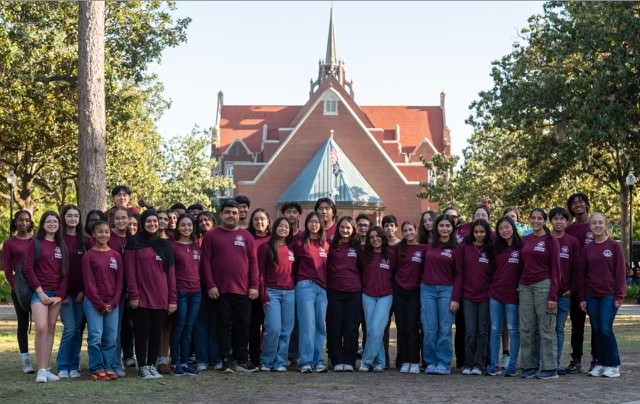In recent weeks, the United States has witnessed a significant escalation in immigration enforcement actions under President Donald Trump’s administration. These operations, led by U.S. Migration and Customs Enforcement (ICE), have been highly publicized, with the administration utilizing various media platforms to highlight their efforts.
Despite the heightened number of arrests, many detainees lack a violent criminal history, and some have even been released due to limited detention capacity at some of these centers. The purpose of President Trump’s strengthened reinforcement of border control and immigration policies is to deter potential crossers in the future.
In Nassau County, Long Island, local law enforcement announced their recent collaboration with federal authorities in order to detain residing illegal immigrants who have a past or current criminal history. Nassau County is the first of many counties distinguishing themselves from standard jurisdiction that limits local police cooperation with federal government officials. Many advocacy groups have verbalized concerns for public safety and distrust within their communities.
“While ICE has the authority to enforce immigration laws, every person, regardless of legal status, has rights under the Constitution. It is critical that individuals understand their legal protections. I urge anyone affected to seek legal advice and ensure they are informed about their options,” explained local immigration attorney Nishan Mahendran.
The Trump administration has begun to take on a new approach involving the U.S. Military as a resource to enforce immigration control. In Texas, National Guard soldiers have been authorized to arrest and detain individuals illegally entering the U.S. from Mexico, marking a significant shift in their traditional roles in the government. This raises concerns about the potential risk of associating military involvement with civil law.
Critics argue that these enforcement actions are more of a faulty perspective perpetrated through the media to instill fear rather than safety. “I am worried about whether ICE officials will walk through the school doors or into the library,” said PPCHS sophomore Zahid Mondol. “Even though I am here legally, some people I know aren’t. I don’t want to see my friends and family fall into the corrupt processes we already went through.”
Broward County Public Schools (BCPS) Board Correspondent Kelly Rabben ensured that the school district continues to commit to providing high-quality education for all students, “regardless of their background or circumstances.” Rabben also revealed that the school board is working closely with elected officials to ensure that schools remain safe while still complying with all state and federal laws.
Community organizations in Broward County are actively responding to the ICE developments, urging residents to stay informed about their rights. Broward County continues to monitor federal immigration policies, striving to balance legal compliances with the protection of its diverse community.








